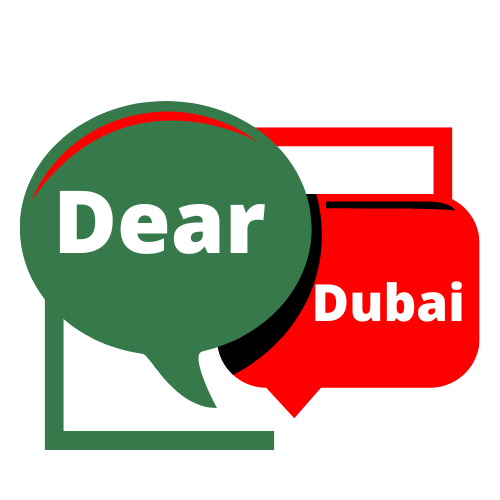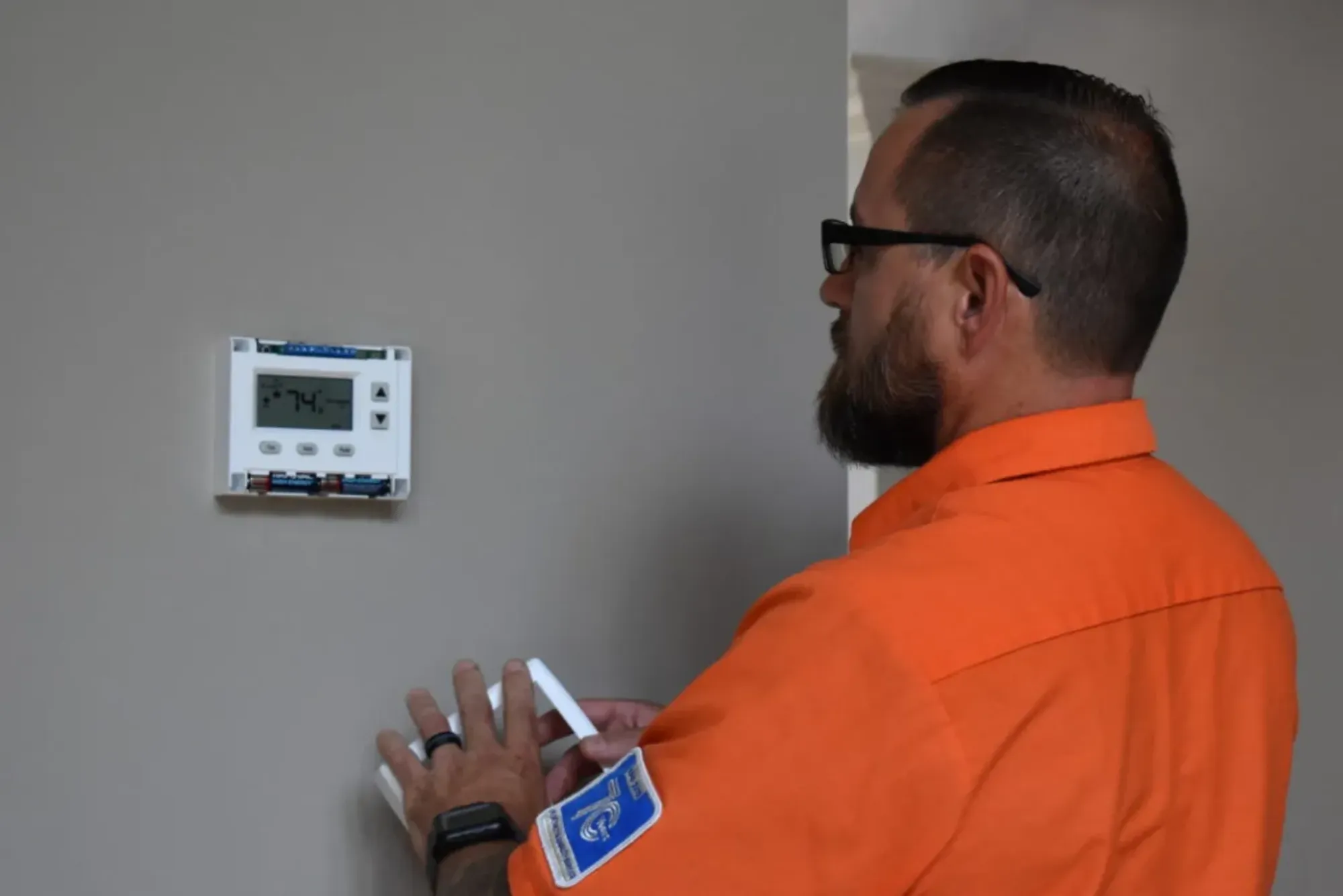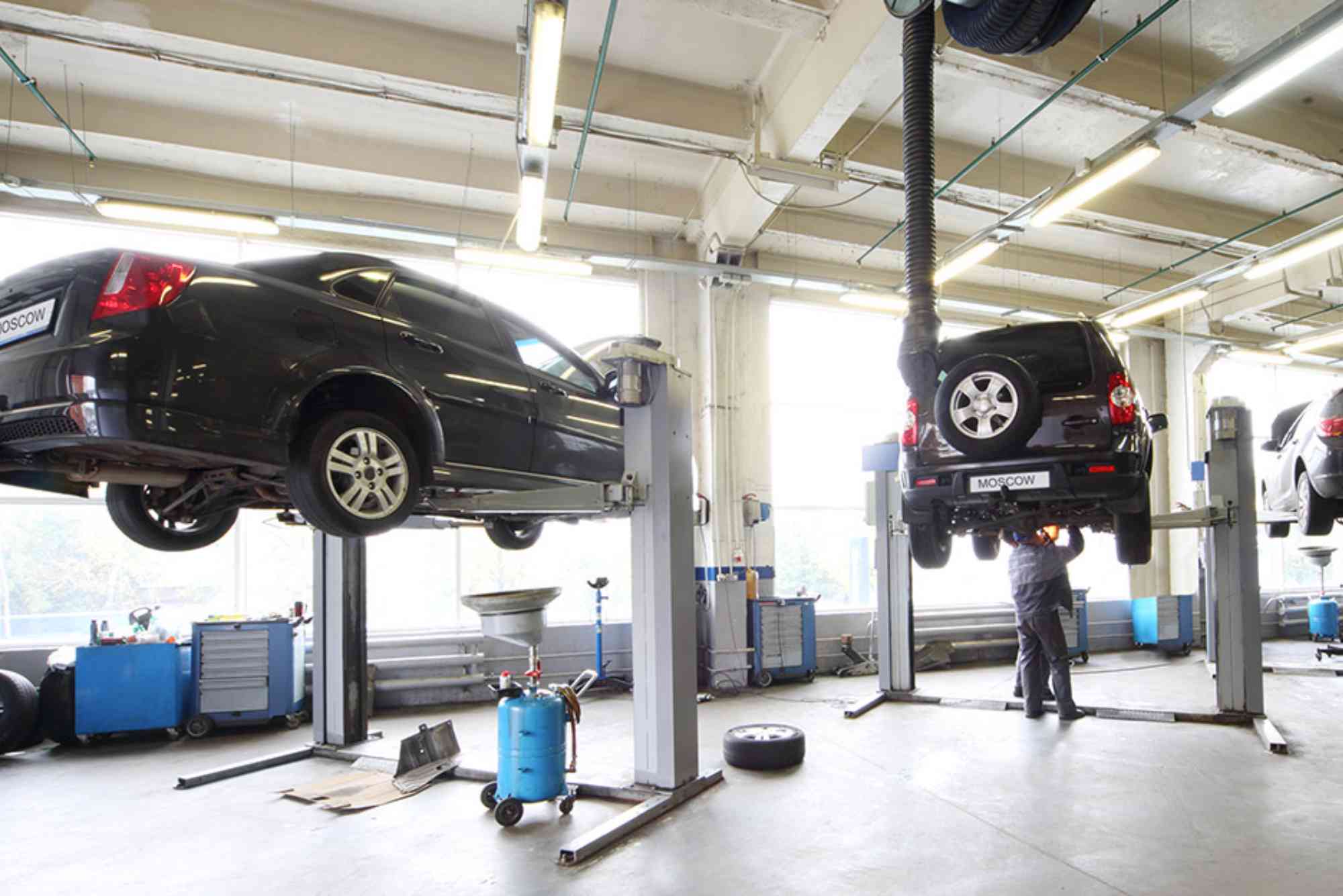Picture the moment when the house lights drop at a trade‑show in Dubai’s sprawling World Trade Centre. Spotlights sweep across double‑decker stands, conversations hum in dozens of languages, and somewhere in the middle of it all a sales director finally meets the prospect she has chased for months. That electric convergence of design, logistics, and human connection is rarely an accident. Behind it stand two key specialists: exhibition planning professionals in Dubai and, often working shoulder‑to‑shoulder with them, a seasoned corporate event organiser. This article unpacks how those roles overlap, when they diverge, and why understanding the difference could be the smartest decision you make before signing a contract.
Dubai’s Rise as the Middle East’s Event Capital
Over the past twenty years Dubai has transformed from desert outpost to an international crossroads of commerce. The city now hosts more than 500 major exhibitions and conferences each year, spanning everything from aerospace to artificial intelligence. The Emirate’s “Vision 2030” tourism strategy continues to pour investment into exhibition halls, hotel inventory, and transport infrastructure—meaning competition for visitor attention has never been fiercer. In this context, brands that win tend to be those that lean on experts who understand both the technicalities of build‑and‑break logistics and the cultural nuances of doing business in the Gulf.
What Exactly Do Exhibition Planning Professionals Do?
Think of exhibition planners as architects of temporary brand architecture. Their responsibilities start months—sometimes a full year—before show opening. They:
• Decode the organiser’s exhibitor manual, ensuring every deadline and regulation is met.
• Collaborate with designers and fabricators to create a stand that tells a visual story.
• Navigate Dubai Customs for inbound freight, handle ATA Carnets, and arrange last‑mile trucking.
• Oversee on‑site build, health & safety paperwork, electrics, rigging, and ultimately dismantling.
Because “space only” packages now dominate the region’s big shows, exhibitors shoulder most responsibilities that a shell‑scheme contract once handled. The right exhibition planning professionals in Dubai anticipate that complexity: they speak Arabic when a forklift driver needs guidance, negotiate overtime with the venue’s operations team, and still keep restless C‑suite stakeholders updated back in Europe or Asia.
When a Corporate Event Organiser Joins the Picture
While the exhibition planner focuses on the physical experience of a booth, the corporate event organiser steps in whenever your activation extends beyond show hours. Perhaps you are hosting a networking dinner at a rooftop overlooking Burj Khalifa, or scheduling a press conference on the stand followed by a VIP majlis. A corporate organiser’s toolkit includes venue sourcing, sponsorship management, delegate registration platforms, and the choreography of F&B, entertainment, and AV across multiple days.
In practice, large multinationals often hire both specialists under one umbrella brief. The exhibition team owns the stand build, and the organiser curates satellite experiences that amplify the stand’s message. Collaboration matters: a press launch that overruns by ten minutes can derail the planner’s scheduled on‑stand product demo, so detailed run sheets and clear decision hierarchies are non‑negotiable.
Five Questions to Decide Whom You Really Need
1. How self‑contained is your objective?
If the goal is simply to showcase prototypes and harvest leads on the show floor, an exhibition planner may suffice. If you also want to broker private meetings in a hotel suite or reward distributors with a desert safari, bring in an organiser early.
2. What does success look like for stakeholders?
Marketing may chase footfall, while sales cares about closed deals. An organiser can knit those metrics together by designing experiences that move prospects from awareness on the stand to conversion at an off‑site roundtable.
3. How many moving parts sit outside venue control?
Dubai venues are world‑class but strict on access hours. Loading in LED walls at 3 a.m. and hosting a press panel at noon requires someone to manage time budgets obsessively. Exhibition planners excel at the former; organisers excel at the latter.
4. Do you need cultural or regulatory guidance?
Alcohol licences, prayer room requirements, Ramadan scheduling constraints—both specialists know the landscape, yet organisers typically maintain broader hospitality networks to secure compliance‑friendly venues and suppliers.
5. How critical is brand consistency across formats?
Exhibitions can be a jigsaw piece within a larger annual calendar of town‑halls, webinars, and gala dinners. An organiser who already runs those other events will extend your brand voice seamlessly into the exhibition environment.
Budgeting Realities: Hidden Costs and Smart Savings
Let’s tackle the elephant in the budget room. A 36‑square‑metre custom stand at GITEX Global can start at AED 250,000 once graphics, electrics, and furniture are added. Add on spare crew badges, overtime carpentry, and venue levies, and you are nudging AED 350,000 before a single cocktail reception is costed. Engaging a consultant may seem like an extra line item, yet seasoned planners routinely shave 15 % off freight bills by consolidating shipments or scheduling build‑ups to avoid peak tariffs. Corporate organisers, meanwhile, leverage volume deals with hotels and AV suppliers, clawing back a similar percentage that often covers their own fees.
Case Story: A FinTech Scale‑Up Punches Above Its Weight
Last October a European start‑up decided to debut at Seamless Middle East. Their ambition outstripped budget: a 24 sqm space and five staff members to run demos, schedule investor meetings, and host a closed‑door media briefing. They hired local exhibition planning professionals in Dubai who proposed modular aluminium frames dressed with LED tiles that re‑skinned into coffee‑bar backdrops at night. After show hours a corporate event organiser converted that same floor area into a micro‑venue, wheeling in ghost chairs and a compact stage for journalists. The dual‑use approach cut logistics to a single load‑in and won them “Best Small Stand” at the show’s awards.
Measurement and ROI: Beyond Footfall Counters
Exhibition planners increasingly integrate beacon technology into stand flooring, delivering heat‑maps that illustrate dwell time around product zones. Corporate organisers extend that data journey by linking badge scans to CRM tags captured at breakfast briefings or yacht networking cruises. Three months after a major show, one medical‑device firm traced AED 42 million in pipeline revenue directly to visitors who first scanned on their stand and later attended a private dinner arranged by the organiser. The takeaway: when exhibitions and corporate hospitality interlock, attribution becomes measurable rather than anecdotal.
The Talent Gap: Why Local Knowledge Matters
Dubai’s labour market is cosmopolitan, but not all suppliers are equal. Carpentry workshops in Al Quoz may promise overnight turnarounds yet lack ISO certifications. A planner grounded in local sourcing will know which joiner’s spray booths meet fire‑retardant standards demanded by Dubai Municipality. Similarly, not every hotel sales manager appreciates halal‑certified molecular‑gastronomy; a corporate organiser with Gulf roots will. In multicultural teams, miscommunication can be more expensive than materials, so fluency in both Arabic and the unspoken etiquette that oils business in the UAE is invaluable.
Future Trends: Sustainability, AI, and Hybrid Experiences
Expo 2020 pushed sustainability to the top of the agenda. Expect future RFPs to insist on recycled carpets, LED lighting calculations, and stand structures designed for multiple show cycles. Exhibition planning professionals already trial quick‑fit magnetic graphics that swap without tools, slashing wood waste. Corporate organisers mirror that with digital gifting and app‑based agenda management that replaces paper leaflets.
Artificial intelligence is creeping into lead capture. Smart cameras register visitor sentiment; chatbots pre‑qualify prospects before handing them over to booth staff. The most exciting development, however, is hybrid programming—live product demos streamed to remote audiences who then book one‑to‑one video calls through the organiser’s platform. The planner ensures bandwidth and camera sight‑lines on‑site, while the organiser curates the remote experience. Together they extend a Dubai exhibition far beyond the physical hall.
Pulling It All Together: Your Action Plan
1. Begin with objectives, not floorplans. Define the narrative arc of customer engagement and work backwards.
2. Audit internal bandwidth. If your team lacks freight or hospitality know‑how, outsource early.
3. Insist on integrated timelines. Combine exhibition build schedules and off‑site agendas into a single Gantt chart.
4. Allocate contingency—time and budget. Dubai rewards preparedness, yet last‑minute customs inspections or venue curfews can upend even the best plan.
5. Measure what matters. Align planner KPIs (stand completion, visitor flow) with organiser KPIs (attendance, sentiment, pipeline) so success feels collective.
Conclusion: Better Together
The debate is less about choosing between an exhibition planner and a corporate organiser and more about orchestrating them like complementary instruments in the same symphony. One shapes the stage; the other scores the soundtrack of experiences that resonate long after the final booth panel is packed away. In Dubai’s hyper‑competitive exhibition scene, that harmony can convert a fleeting handshake into a multimillion‑dirham contract.
Whether you are a first‑time exhibitor or a seasoned brand manager, invest time in vetting experts who understand each other’s language. When exhibition planning professionals in Dubai and an adept corporate event organiser collaborate from day one, the outcome is more than an attractive stand or a glamorous dinner—it is a unified story that customers remember, talk about, and, most importantly, buy into.
And when the house lights rise and the last visitor files out into the warm Arabian night, you will know the applause belongs not only to your product but to the strategic partnership that brought your vision to life.





